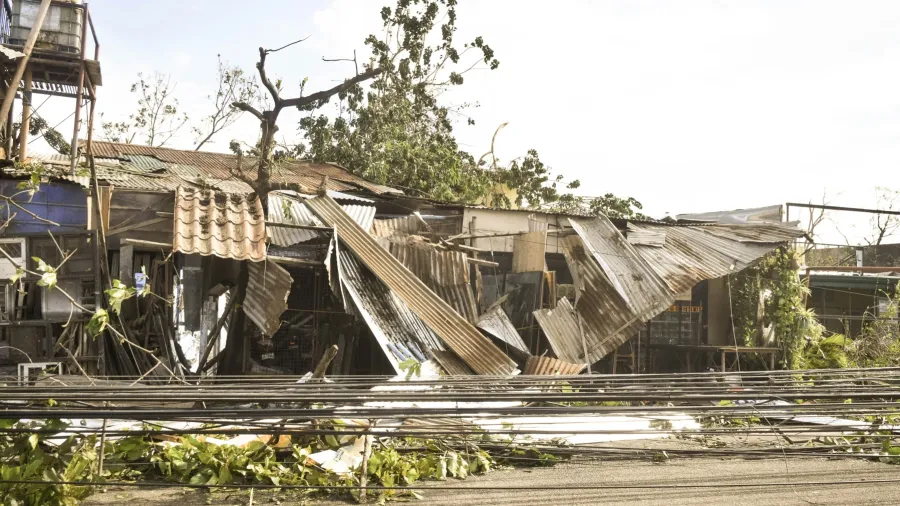
Global insured NatCat losses hit $60b in H1 2024
The US alone experienced 12 severe storms in H1.
Global insured losses from natural catastrophes reached $60b in the first half of 2024, driven largely by a high frequency of small to medium events, according to preliminary estimates by Swiss Re Institute.
"In recent years, severe thunderstorms have emerged as a main driver of a significant increase in insured losses. This is due to growing populations and higher property values in urban areas, along with insured property being more vulnerable to hail damage. Therefore, multi-billion-dollar loss events from this peril are likely to become more common,” Balz Grollimund, head of Catastrophe Perils at Swiss Re, said.
Severe thunderstorms, particularly in the US, accounted for 70% of these losses, amounting to $42b globally.
The US alone experienced 12 severe storms in the first half of 2024, each causing over $1b in losses.
According to Swiss Re Institute's sigma 1/2024 report, insured losses from severe convective storms (SCS) in the US have been growing at an annual rate of about 8% in nominal terms since 2008.
Floods also contributed to above-average losses in the first half of 2024, accounting for 14% of global insured losses. Significant flood events in the UAE, Germany, and Brazil were particularly costly.
In April, severe thunderstorms led to flash floods in the Arabian Peninsula, causing an estimated $2b in insured losses in the UAE, marking the country's costliest natural disaster on record. Factors such as rapid urban growth, land use changes, inadequate drainage systems, and dry soils exacerbated the severity of these losses.
"Insured losses from severe thunderstorms have been growing due to a mix of factors including inflation, which has contributed to rising construction costs. And, with economic development, overall exposures will continue to increase. That's why investing in protective measures – such as shielding vulnerable communities from floods or improving building codes to protect homes from severe hailstorms – is vital,” Jérôme Jean Haegeli, Swiss Re's Group Chief Economist, added.



















 Advertise
Advertise







